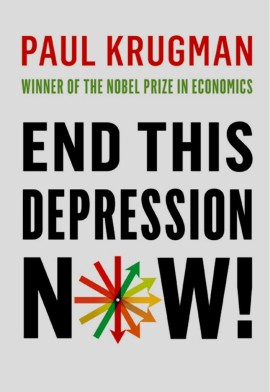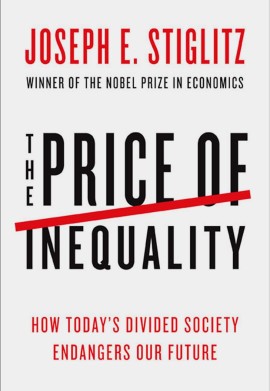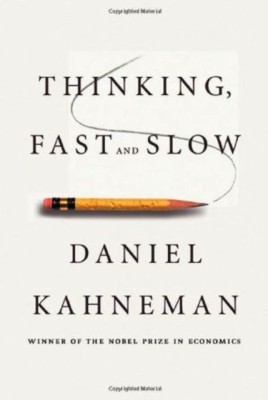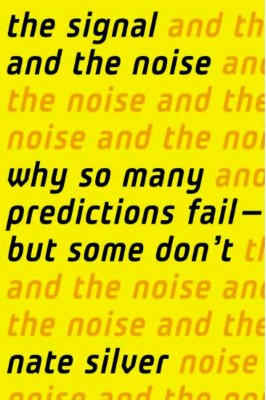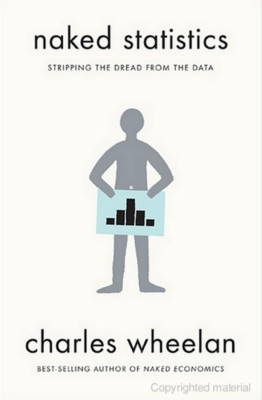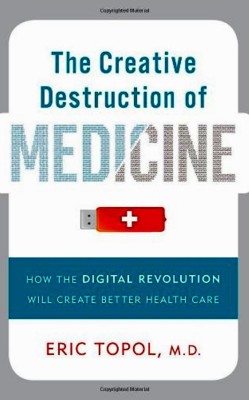If you want to create your quality revolution, you need to stop thinking about quality and think more about your people.
Quality & Process
When ‘quality’ ceases to be just lip service from one employee to another – it becomes a process for continuous improvement toward perfection.
In some respects, the old way of managing the quality process is part of the problem. Perhaps it is more accurate to say that the old approach to management has become problematic. When we manage quality, we are addressing problems as we become aware of them. But by then we are already behind; we’re reacting and not ‘proacting’ – we’re most definitely failing to prevent anything. You see, it is not enough to notice quality problems. The problems we discover today have roots in events that occurred days ago – weeks ago – maybe years ago. The real challenge is to catch issues before they become problems.
Think of all the problems we face today: rising healthcare insurance, inefficient disaster response, the financial meltdown, oil spills; each of them have one thing in common – failure of quality.
Are our health care practitioners incompetent or are we truly that sick to cause health insurance cost to rise so precipitously? Why can’t we find a more efficient response to disasters? How did the financial meltdown occur and why did it cause so much damage? Why do oil spills seem to be getting worse and worse? Is our technology inferior? Are the people in charge truly corrupt and bereft of ability? In my view, in each circumstance I have researched, I find similar answers: failure of quality assessment, failure of quality design, failure to conduct quality implementation. Quality. Quality. Quality. At times, the systems we put into place to prevent failure become the source of additional failure.
I believe that in order to achieve quality, we must stop thinking about quality.
We have become so ingrained to manage things that suddenly we find that nobody really cares about quality. They only care about getting the job done. A very good friend of mine is fond of saying that quality hangs in the balance between doing the job right and doing the right things. If we imagine that quality is a separate deliverable – like a component that you add to a car or a building – then we have an incorrect definition. Quality is not a tangible thing. Quality is intangible as the air between us: a dream, a concept, a behavior, a reaction. Therefore, quality is a human element.
Consider this equation: Quality equals People Power plus Process Power.
Q = PeP + PrP
People Power (PeP) is the workforce, of course, with direct and indirect elements. Direct elements are the members of your team who are directly responsible for producing deliverables be it a service, a product, or a combination of both. Indirect elements are the members of the team who support the producers and the deliverables – accounting, customer service, account management, even your receptionist who answers the phone. Quality is in the touchpoints that leads your customer to your your organization. Quality is also in the relationships between members of your company.
Process Power (PrP) is the means by which the deliverable is possible. It may entail research, planning, implementation, evaluation; production, delivery and support. For obvious reasons, we want the process to be as robust and as streamlined as possible. But for process power to work, we need people power to drive it.
That is why I believe that in order to achieve quality, we must stop thinking about quality.
For one thing, when we have perfected our quality process, we will have reached the point where quality management is no longer an issue. But that first important step toward a total quality process requires that our focus be on our people.































